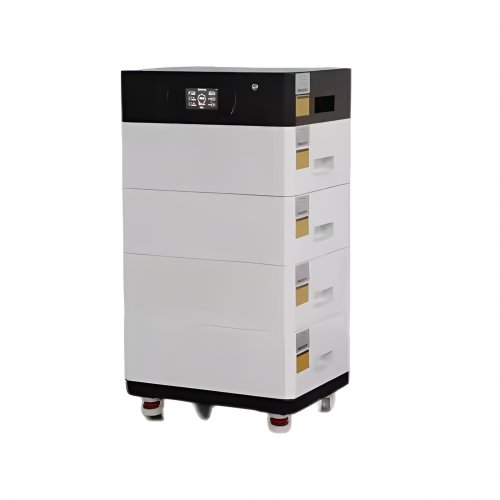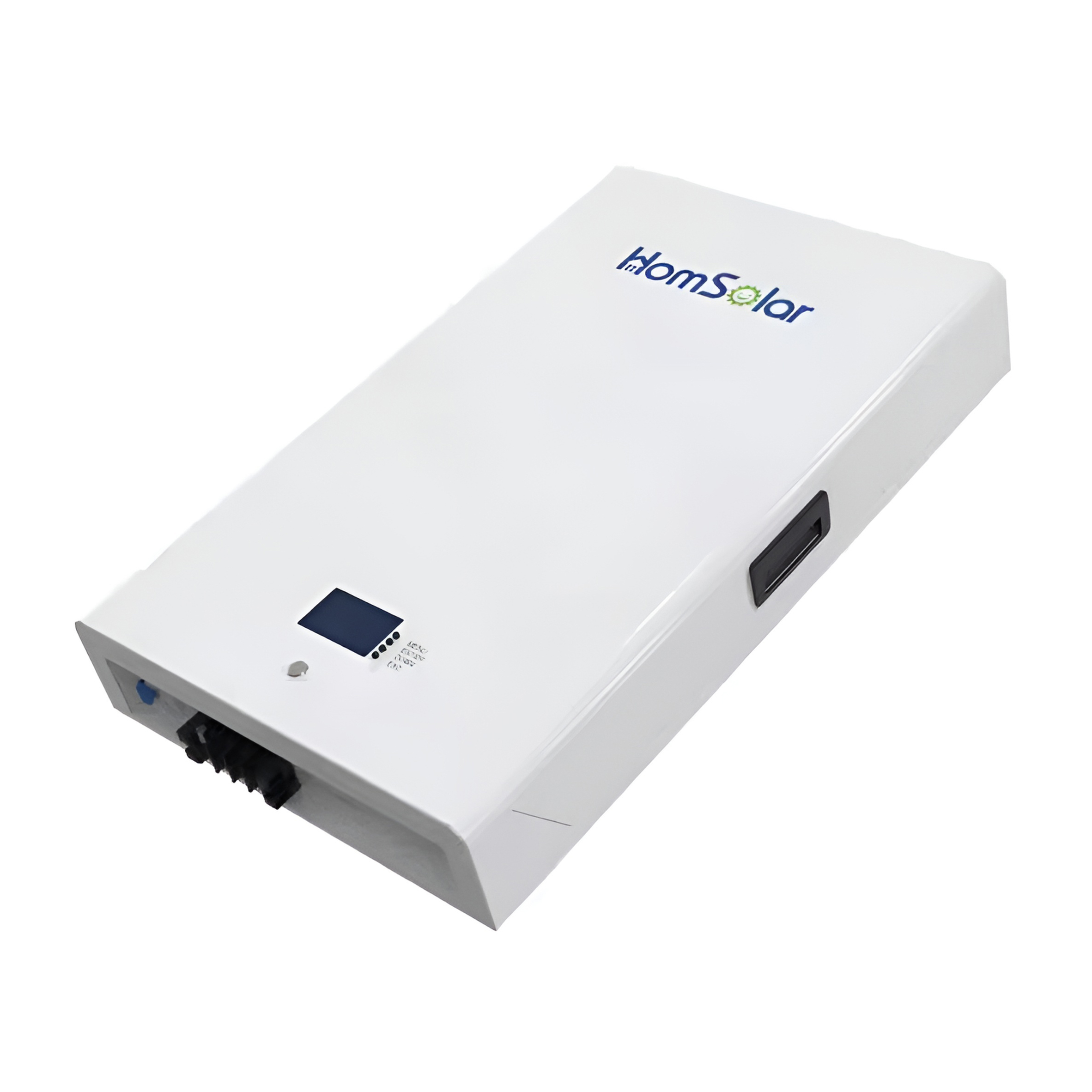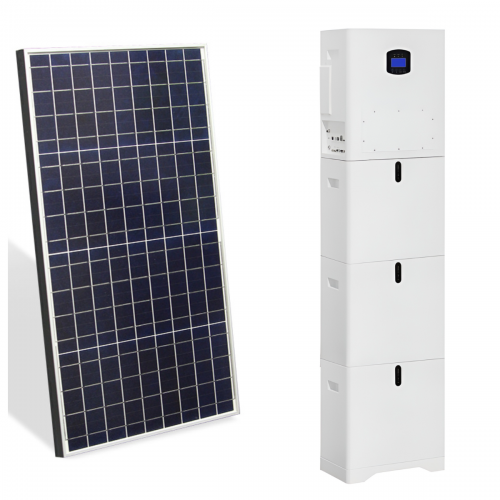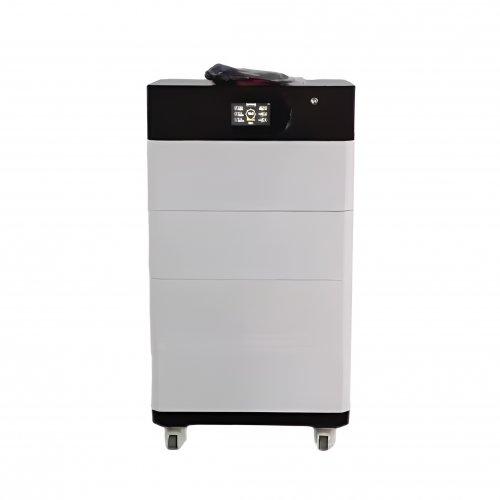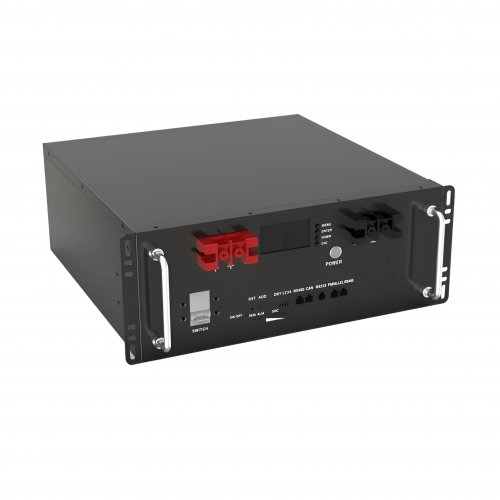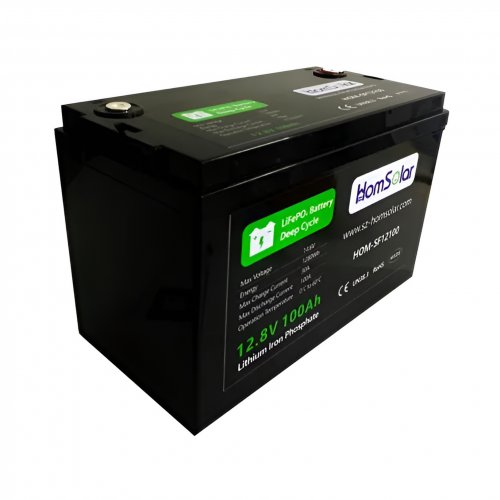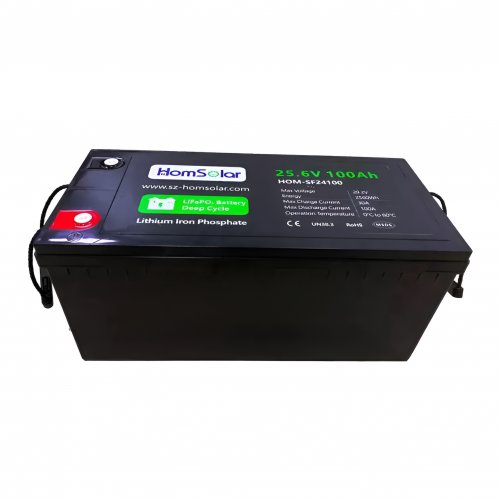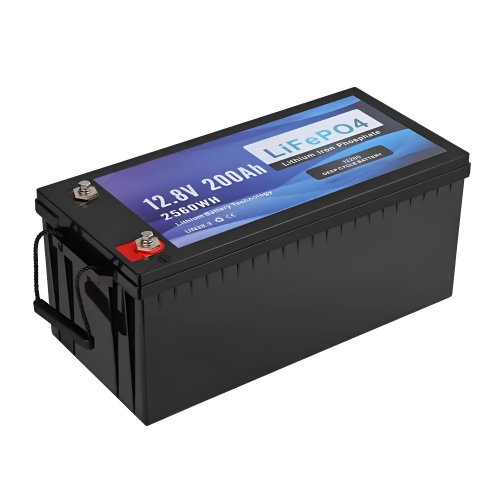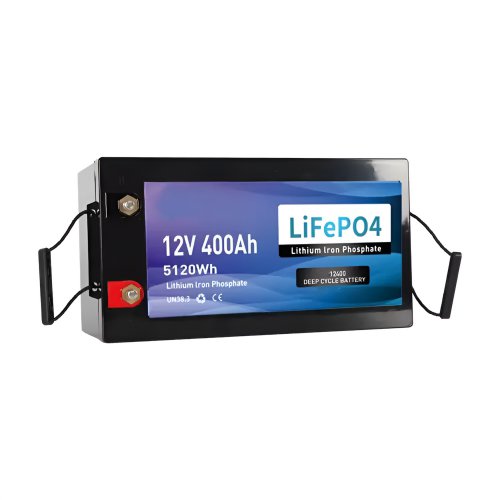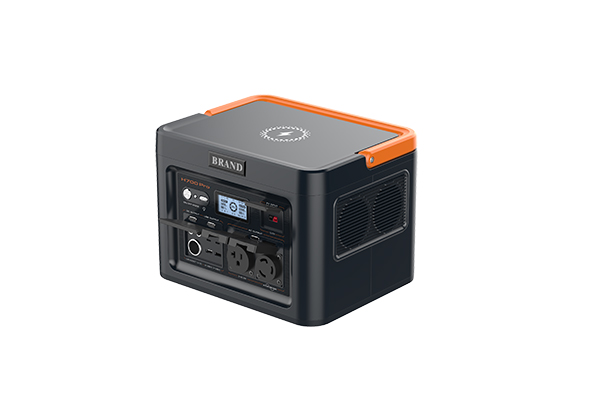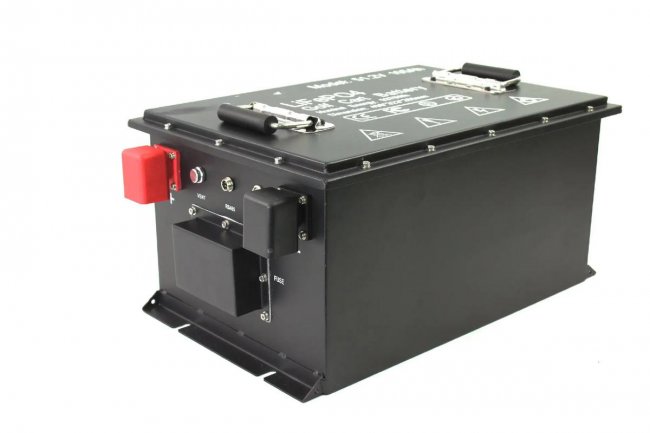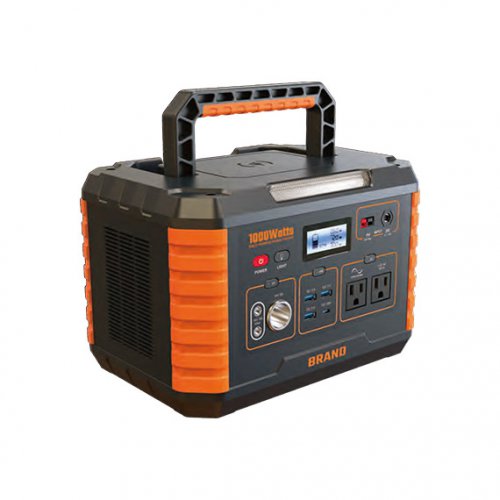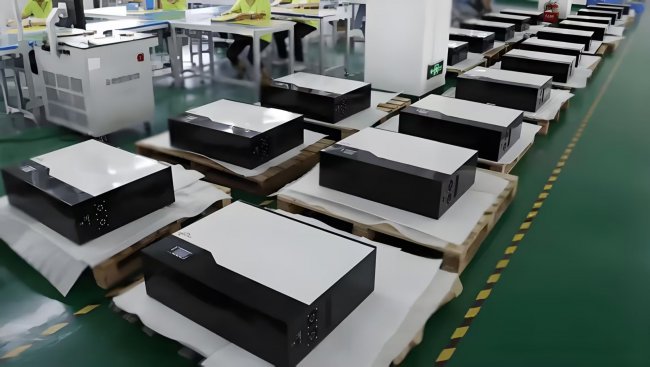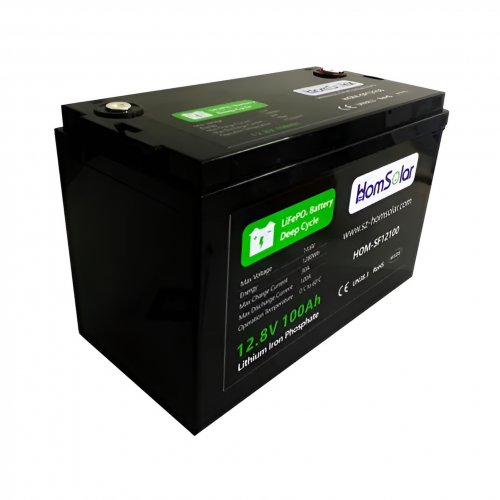Lfp Battery Performance Evaluation Review: Uncompromising Safety And Longevity
The quest for efficient, reliable, and safe energy storage has become paramount, powering everything from our personal electronics to the global shift towards electric mobility. Among the various chemistries vying for dominance, Lithium Iron Phosphate (LFP) has surged in popularity, moving from niche applications to mainstream products. This performance evaluation delves into the core characteristics of LFP battery technology, examining its functional advantages, inherent limitations, and real-world applicability to determine its standing in the current market.
Product Function and Core Technology
An LFP battery is a type of lithium-ion battery that uses lithium iron phosphate (LiFePO₄) as the cathode material, paired with a graphite anode. This specific chemistry is the fundamental differentiator from other lithium-ion batteries, such as those using Nickel Manganese Cobalt (NMC) or Nickel Cobalt Aluminum (NCA). The primary functions of any battery are to store energy efficiently and deliver it reliably, and LFP chemistry executes this with a distinct profile.
The key functional benefits stem from its robust molecular structure. The strong phosphate-oxide bonds provide exceptional thermal and chemical stability. This translates directly into a significantly lower risk of thermal runaway, the chain reaction that can lead to fires or explosions in more volatile chemistries. Furthermore, LFP batteries are renowned for their exceptionally long cycle life. They can typically endure thousands of charge-discharge cycles while retaining a high percentage of their original capacity, far outperforming many NMC counterparts. Another critical function is consistent power delivery; LFP batteries maintain a stable voltage output for the majority of their discharge cycle, ensuring devices and vehicles operate at peak performance until the charge is nearly depleted.
Advantages: The Compelling Case for LFP
The advantages of LFP technology are substantial and address some of the most significant concerns surrounding battery usage.Superior Safety: This is the most lauded advantage. The stable chemistry makes LFP batteries far more resistant to overheating and combustion, even when subjected to harsh conditions like overcharging, short-circuiting, or physical damage. This inherent safety makes them an ideal choice for applications where risk must be minimized, such as inside homes (e.g., solar storage systems), in public transportation, or in densely populated urban environments.Exceptional Longevity: LFP batteries can often last for over 3,000 to 5,000 full cycles before degrading to 80% of their original capacity. Some manufacturers even claim cycles exceeding 8,000. This translates to a functional lifespan that is frequently two to three times longer than that of standard NMC batteries. For consumers, this means a product that doesn't need replacement for many more years, offering superior long-term value.Eco-Friendliness and Cost: LFP chemistry avoids the use of expensive and ethically concerning cobalt and nickel. This not only reduces the material cost but also alleviates supply chain constraints and environmental concerns associated with mining these metals. The result is a generally more affordable battery that is also easier to produce at scale.Performance in High Temperatures: While all batteries suffer in extreme heat, LFP exhibits better resilience and a slower rate of degradation when consistently operated at higher ambient temperatures compared to other lithium-ion variants.
Disadvantages and Limitations
Despite its impressive strengths, LFP technology is not without its drawbacks, which can be decisive factors depending on the application.Lower Energy Density: This is the primary trade-off. LFP batteries have a lower volumetric and gravimetric energy density than NMC or NCA batteries. This means that for a given physical size or weight, an LFP battery will store less energy. In practical terms, an electric vehicle using LFP batteries might have a slightly shorter range than a comparable NMC-equipped vehicle, or a portable power station might be heavier for the same capacity.Performance in Sub-Zero Conditions: LFP batteries are more susceptible to performance loss in cold weather. Charging, in particular, can be inefficient and slow at low temperatures, and available discharge capacity can be noticeably reduced. This requires sophisticated battery management systems (BMS) with heating functions for use in cold climates, adding complexity and cost.Higher Self-Discharge Rate: Some studies and user reports indicate that LFP batteries can have a slightly higher self-discharge rate than other lithium-ion types. This means they may lose their stored charge a bit faster when sitting idle on a shelf, though this is often a minor concern for regularly used devices.
Actual Usage Experience
In real-world scenarios, the LFP profile creates a distinct user experience. An EV owner with an LFP battery pack will appreciate the ability to regularly charge to 100% without the accelerated degradation worry that plagues NMC batteries charged to their maximum. The peace of mind regarding safety is a intangible yet highly valued benefit. The daily driving range is consistent and predictable due to the flat voltage discharge curve.
For a user of a portable solar generator, the experience is defined by durability. The knowledge that the unit can be cycled nearly daily for a decade is a powerful selling point. The weight penalty is often accepted as a fair trade for the immense cycle life and safety, especially for stationary or semi-stationary applications like home backup or RV camping.
The cold weather limitation is a tangible experience. Users in northern climates will need to plan ahead, ensuring their device or vehicle is preconditioned while plugged in to ensure optimal charging speed and range during winter months.
Conclusion
The LFP battery performance evaluation reveals a technology that excels in safety, longevity, and value, making it a formidable and often superior choice for a wide array of applications. Its lower energy density remains a constraint for ultra-compact, lightweight, or maximum-range applications where NMC may still hold an edge. However, for nearly every other use case—particularly electric vehicles where daily full charging is desired, home energy storage where safety is non-negotiable, and commercial applications where total cost of ownership is key—LFP technology presents a compelling and objectively excellent solution. It is not a one-size-fits-all battery, but for those prioritizing a dependable, long-lasting, and safe power source, LFP stands as a benchmark in modern energy storage.
Customized/OEM/ODM Service
HomSolar Supports Lifepo4 battery pack customization/OEM/ODM service, welcome to contact us and tell us your needs.


HomSolar: Your One-stop LiFePO4 Battery Pack & ESS Solution Manufacturer
Our line of LiFePO4 (LFP) batteries offer a solution to demanding applications that require a lighter weight, longer life, and higher capacity battery. Features include advanced battery management systems (BMS), Bluetooth® communication and active intelligent monitoring.

Customised Lithium Iron Phosphate Battery Casing
ABS plastic housing, aluminium housing, stainless steel housing and iron housing are available, and can also be designed and customised according to your needs.

HomSolar Smart BMS
Intelligent Battery Management System for HomSolar Energy Storage System. Bluetooth, temperature sensor, LCD display, CAN interface, UART interface also available.


Terminals & Plugs Can Be Customized
A wide range of terminals and plugs can be customised to suit the application needs of your battery products.

Well-designed Solutions for Energy Storage Systems
We will design the perfect energy storage system solution according to your needs, so that you can easily solve the specific industry applications of battery products.



About Our Battery Cells
Our energy storage system products use brand new grade A LiFePO4 cells with a battery lifespan of more than 4,000 charge/discharge cycles.



Applications in Different Industries
We supply customized & OEM battery pack, assemble cells with wiring, fuse and plastic cover, all the cell wires connected to PCB plug or built BMS.
Applications: E-bike, Electric Scooter, Golf Carts, RV, Electric Wheelchair, Electric Tools, Robot Cleaner, Robot Sweeper, Solar Energy Storage System, Emergency Light, Solar Power Light, Medical Equipment, UPS Backup Power Supply.
We can provide you with customized services. We have the ability to provide a vertical supply chain, from single cells to pack/module and to a complete power solution with BMS, etc.


HomSolar (Shenzhen) Technology Co., Ltd







